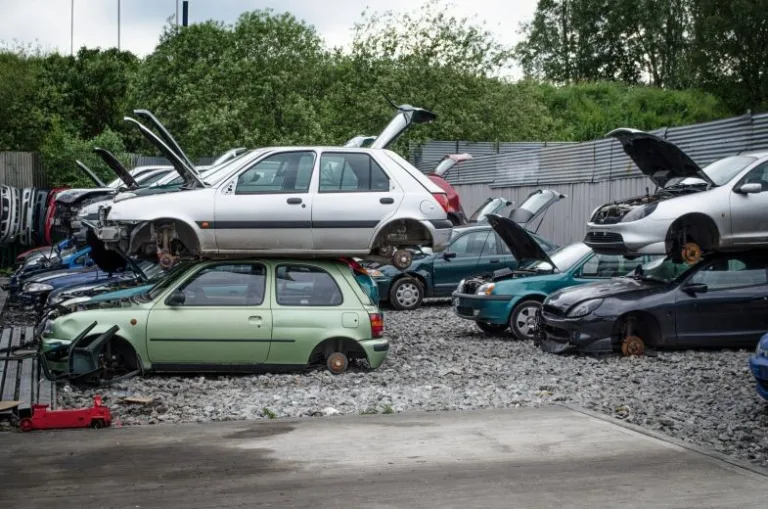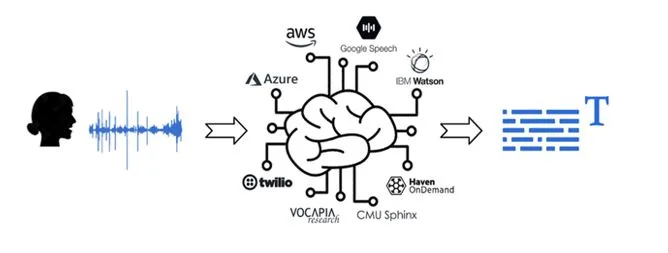Millions of U.S. Cars Carry Active Safety Recalls as New National Analysis Reveals the Defects Behind America’s Auto Crisis
A new nationwide analysis from DeMayo Law reveals a troubling reality for American drivers: nearly one in five vehicles on U.S. roads carries an active safety recall. Between 2020 and 2025, automakers issued more than 130 million recalls, underscoring a persistent national safety challenge affecting nearly every state and every major car brand.
The report, titled The Defect Hall of Fame, examines five years of recall data, lawsuit records, and state-level registration trends to identify the automakers and defect types most responsible for repeated safety failures. The findings show a transportation system grappling with both long-standing mechanical issues and a wave of emerging software-based defects.
The Automakers Behind the Highest Recall Totals
Since 2020, Ford has issued 17 million recalls, largely tied to brake failures and fire risks. General Motors follows closely with 14.2 million recalls, while Chrysler (including Jeep, Dodge, and Ram) accounts for 11.1 million, dominated by airbag and emissions issues.
Hyundai and Kia issued 9 million engine-fire-related recalls, resulting in a $200 million class-action settlement — one of the largest defect-related settlements in U.S. automotive history.
Meanwhile, Tesla’s 6.1 million recalls highlight a new era of “digital defects,” ranging from autopilot malfunctions to display failures. Unlike traditional mechanical recalls that can take eight to ten months for parts distribution and dealer scheduling, Tesla resolves most issues in three to five days via over-the-air (OTA) software updates.
The 10 Most Common Defects Behind Recalls
The study identifies the most frequent defect types affecting U.S. vehicles since 2020:
- Airbag defects
- Battery and charging fires
- Brake failures
- Software glitches and phantom braking
- Ignition switch failures
- Seatbelt malfunctions
- Engine stall and powertrain defects
- Fuel system leaks
- Structural failures
- Airbag programming errors
Combined, airbag, brake, and engine defects account for more than 60% of all recalls, illustrating how mechanical issues remain a persistent concern even as EV and software-related problems continue to rise.
The Growing Problem of Unrepaired “Zombie Recalls”
One of the most concerning findings is the prevalence of “zombie recalls” — vehicles that have been recalled but never repaired. The study estimates 10–15 million such vehicles remain on U.S. roads. Older vehicles and used cars have the lowest completion rates, often because second or third owners never receive recall notices.
This problem is particularly acute in high-turnover states such as Texas, Florida, North Carolina, and California, where large fleets, older vehicles, and low compliance rates combine to keep millions of defective cars in circulation.
The State-Level Recall Burden
Several states carry a disproportionate share of unrepaired defects. According to the study:
- California has 30.4 million registered vehicles, including 5.5 million under active recall.
- Texas has 22.9 million cars with 4.2 million active recalls.
- Florida carries 3.5 million recalled vehicles across its 19.3 million registered cars.
- North Carolina averages 1.7 million recalls annually, meaning roughly one in every five vehicles is affected.
States with large fleets or older model years tend to experience slower repair rates and increased risk of defect-related accidents.
Why These Defects Matter
The study highlights several key implications for U.S. drivers:
- Scale: With 283 million registered vehicles, even a 5% defect rate represents more than 14 million dangerous cars.
- Economic impact: Annual recall-related costs exceed $12 billion, including repairs, litigation, and warranty expenses.
- Road safety: Vehicles recalled more than once are 28% more likely to be involved in injury crashes.
- Repair delays: Mechanical recall fixes can take six to ten months, increasing crash risk during the wait.
As new technologies enter the market, safety challenges continue to diversify. Battery fires, digital braking glitches, and infotainment malfunctions show how modern vehicle design introduces risks that traditional oversight systems were never built to regulate.
What the Data Reveals About Accountability
The study shows significant overlap between brands with high recall counts and those frequently involved in class-action lawsuits. Ford, GM, Hyundai/Kia, Tesla, Toyota, Volkswagen, and Chrysler all appear prominently across both lists.
According to DeMayo Law, this pattern reflects a deeper issue.
“Each year, tens of millions of defective vehicles remain unrepaired, even after official recalls,” the firm noted. “Our findings show that the same brands topping the recall charts are also the ones most frequently sued — proving that unresolved defects are a legal and ethical failure, not just an engineering one.”






